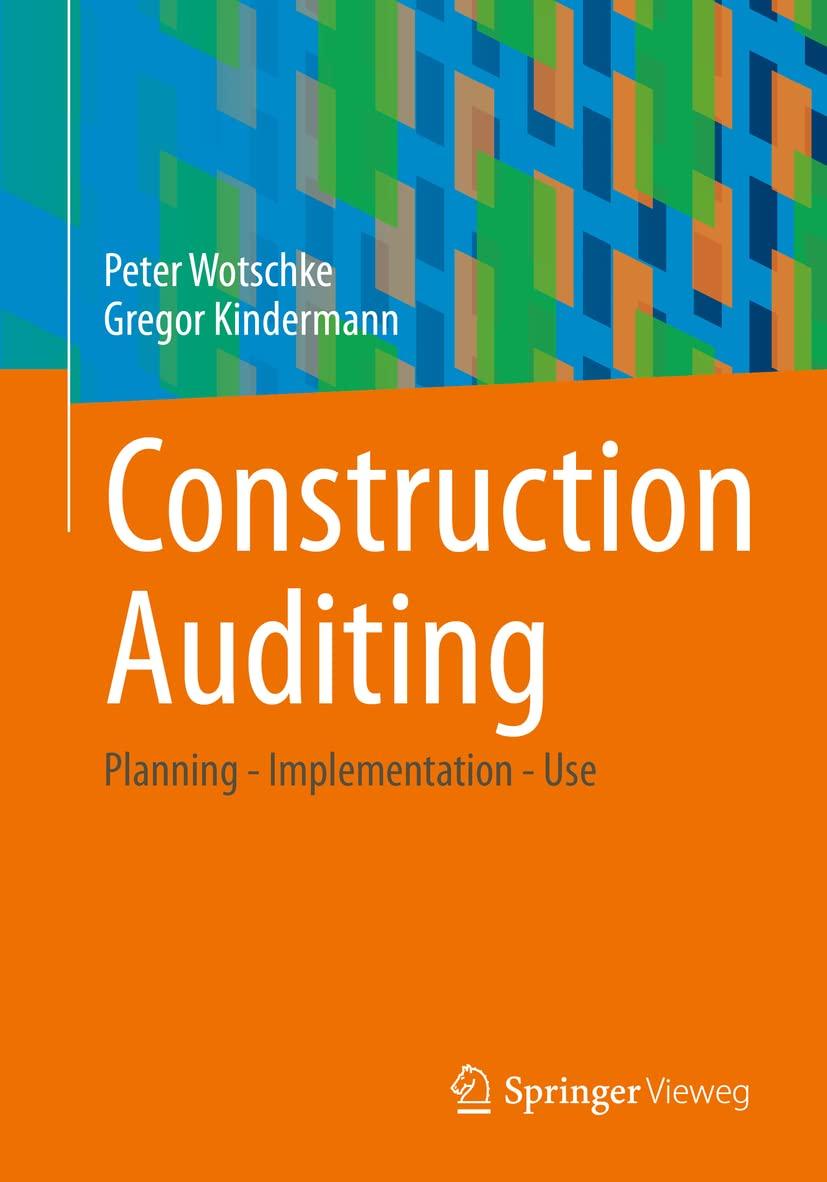
2. (10p) Social Security Disability Insurance (SSDI) is a federal insurance program of the US government, funded by payroll taxes, managed by the Social Security Administration. SSDI provides income supplements to people who are physically restricted in their ability to be employed because of a disability. Applicants to SSDI are assigned randomly to an official (the SSDI examiner) who evaluates their application and decides whether to allow their claims to SSDI benefits. Below is the abstract of an article entitled "Does Disability Insurance Receipt Discourage Work? Using Examiner Assignment to Estimate Causal Effects of SSDI Receipt" by N. Maestas, K. Mullen and A. Strand, published in the American Economic Review in 2013. We present the first causal estimates of the effect of Social Security Disability Insurance benefit receipt on labor supply using all program applicants. We use administrative data to match applications to disability examiners and exploit variation in examiners' allowance rates as an instrument for benefit receipt. We find that among the estimated 23 percen of applicants on the margin of program entry, employment would have been 28 percentage points higher had they not received benefits. The effect is heterogeneous, ranging from no effect for those with more severe impairments to 50 percentage points for entrants with relatively less severe impairments. a. What is the price distortion that SSDI creates? b. What is the behavior response? c. Is this evidence of moral hazard? What is the information asymmetry? d. What would we observe if there were no information asymmetries? e. Why do the authors need to use exogenous variation in SSDI examiners to infer causality from benefit allowance to applicants' employment behaviors? 2. (10p) Social Security Disability Insurance (SSDI) is a federal insurance program of the US government, funded by payroll taxes, managed by the Social Security Administration. SSDI provides income supplements to people who are physically restricted in their ability to be employed because of a disability. Applicants to SSDI are assigned randomly to an official (the SSDI examiner) who evaluates their application and decides whether to allow their claims to SSDI benefits. Below is the abstract of an article entitled "Does Disability Insurance Receipt Discourage Work? Using Examiner Assignment to Estimate Causal Effects of SSDI Receipt" by N. Maestas, K. Mullen and A. Strand, published in the American Economic Review in 2013. We present the first causal estimates of the effect of Social Security Disability Insurance benefit receipt on labor supply using all program applicants. We use administrative data to match applications to disability examiners and exploit variation in examiners' allowance rates as an instrument for benefit receipt. We find that among the estimated 23 percen of applicants on the margin of program entry, employment would have been 28 percentage points higher had they not received benefits. The effect is heterogeneous, ranging from no effect for those with more severe impairments to 50 percentage points for entrants with relatively less severe impairments. a. What is the price distortion that SSDI creates? b. What is the behavior response? c. Is this evidence of moral hazard? What is the information asymmetry? d. What would we observe if there were no information asymmetries? e. Why do the authors need to use exogenous variation in SSDI examiners to infer causality from benefit allowance to applicants' employment behaviors







